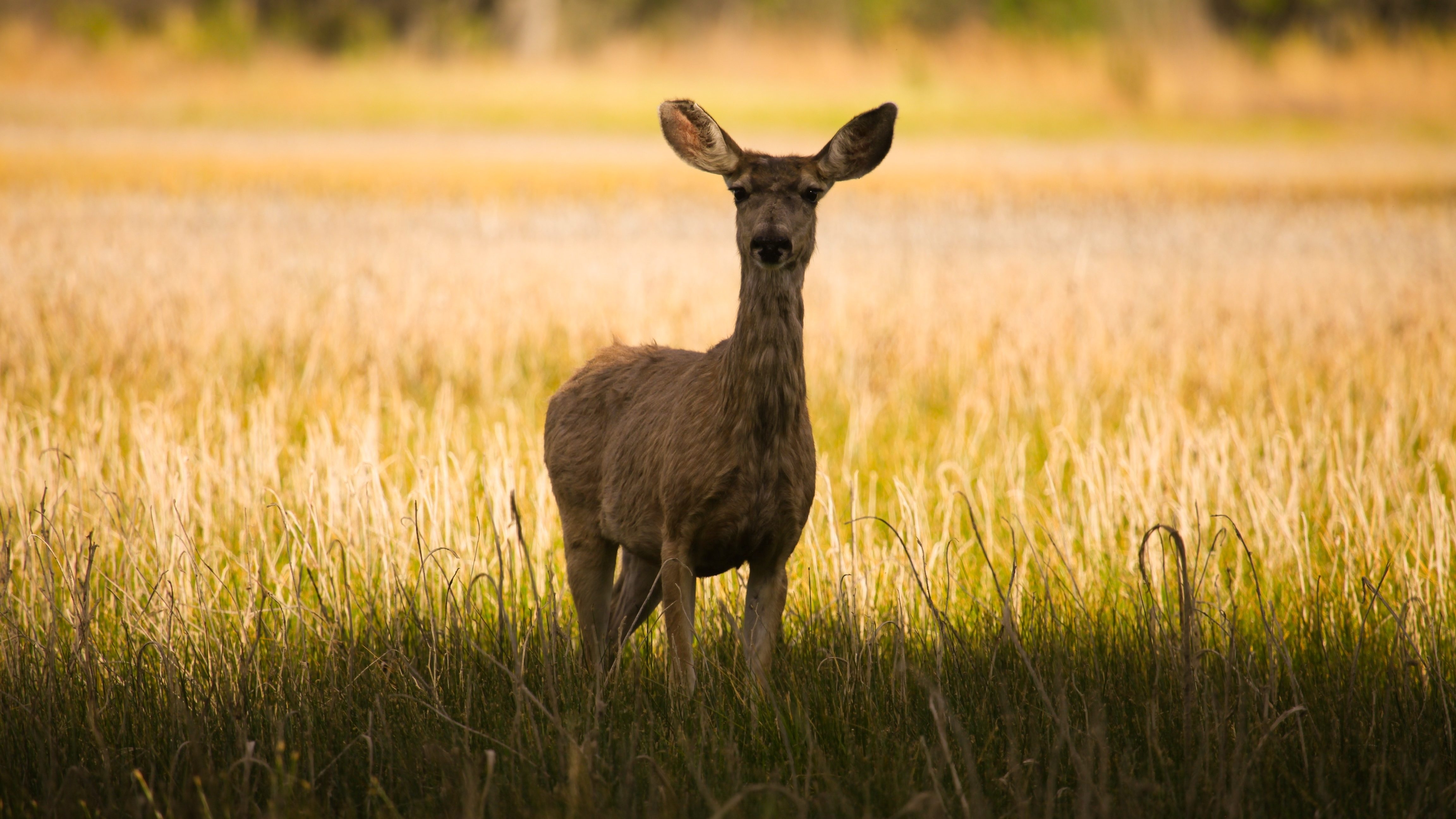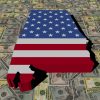Thursday, U.S. Sen. Doug Jones, D-Alabama, joined Senators John Barrasso, R-Wyoming, and Michael Bennet, D-Colorado, to re-introduce bipartisan legislation to increase wildlife managers’ ability to keep wildlife healthy. Whitetail deer hunting is by far the most popular hunting sport in Alabama and CWD presents an existential threat to the state’s deer herd.
The bipartisan bill would authorizes a special resource study to determine how chronic wasting disease (CWD) spreads and could be prevented in deer and elk. CWD can affect both wild and domestic herds of deer and elk. CWD has spread over 26 states and several Canadian provinces. While Alabama is currently CWD negative, the disease has spread from state to state despite the best efforts of wildlife manager. Two deer were confirmed CWD positive in Mississippi just last summer. There is still a lot that is unknown about this disease and state recommendations for preventing the spread of the disease vary.
When completed, the study would give state wildlife agencies and wildlife experts information to conduct targeted research on how the disease is transmitted, determine which areas are most at risk, and develop consistent advice for hunters to prevent further spread.
“The spread of chronic wasting disease among the deer population threatens our local economies and, for many, a way of life that has long valued a tradition of hunting and conservation,” said Senator Jones, who also spoke on the Senate floor about the bill. “As an avid hunter and outdoorsman, I am deeply concerned about the impact of CWD on our wildlife population across the country and on the boost that deer hunting brings to Alabama’s economy. Thankfully, we have not yet seen cases in Alabama, but it has been found in our neighboring states. Our bipartisan legislation would help us better understand this disease and give local wildlife managers better tools to prevent its spread.”
“Wyoming’s deer, elk and moose populations have been negatively impacted by chronic wasting disease for decades,” said Senator Barrasso. “Now, 26 states have detected chronic wasting disease and new cases arise each day. We need to know more about how this disease spreads and which areas are most at risk. Our bill gives wildlife managers the tools they need to research and identify exactly where chronic wasting disease is most prominent and how we can better prevent it. It’s a critical first step to addressing this debilitating disease and keeping our wildlife herds healthy.”
“Transmission of CWD among deer and elk herds is a critical issue, threatening parts of Colorado’s outdoor economy and way of life,” said Senator Bennet. “This bill would provide state wildlife professionals with the information they need to standardize their work, improve CWD management, and prevent further spread across the country.”
“By understanding how chronic wasting disease spreads, we can begin to eradicate it and protect our hunting heritage and economy,” said Whit Fosburgh, president and CEO of the Theodore Roosevelt Conservation Partnership. “This bipartisan legislation will bring the Departments of Interior and Agriculture together to ensure healthy wildlife. Sportsmen and women appreciate the leadership of Senators Barrasso, Jones and Bennet to protect the deer herds that are vital to our way of life.”
The bill is supported by the: Association for Fish and Wildlife Agencies, Muley Fanatics Foundation, Boone and Crockett Club, the Congressional Sportsmen’s Foundation, The Wilderness Society, the Theodore Roosevelt Conservation Partnership, the Wild Sheep Foundation, the National Wildlife Federation, Rocky Mountain Elk Foundation, and others.
The Chronic Wasting Disease Transmission in Cervidae Study Act addresses the needs identified by state agencies through the Association of Fish and Wildlife Agencies (AFWA). The bill requires the United States Department of Agriculture (USDA) and Interior secretaries to enter into an arrangement with the National Academies of Sciences to review current data and best management practices (BMPs) from federal and state agencies regarding: Pathways and mechanisms for CWD transmission; Areas at risk and geographical patterns of CWD transmission; and Gaps in current scientific knowledge regarding transmission to prioritize research to address gaps.
CWD is a prion disease similar to scrapie in domestic sheep and “mad cow disease” in domestic cattle. Because it is a prion disease, it is very difficult to eradicate once introduced. The shed prions can persist in the soil for decades. The risk to humans is considered slight; but humans are being advised not to eat the brains or spinal materials of deer as a precaution.
The Alabama Department of Conservation and Natural Resources has ramped up testing of deer particularly in Northwest counties of Alabama closest to the last CWD positive deer in Mississippi.
The state has banned the importation of deer carcasses from other states unless the meat has been completely deboned. Deer get the disease from exposure to the carcasses and carcass material of other deer or other cervids.
Senator Doug Jones was elected in a special election in 2017 and faces re-election in 2020.





















































